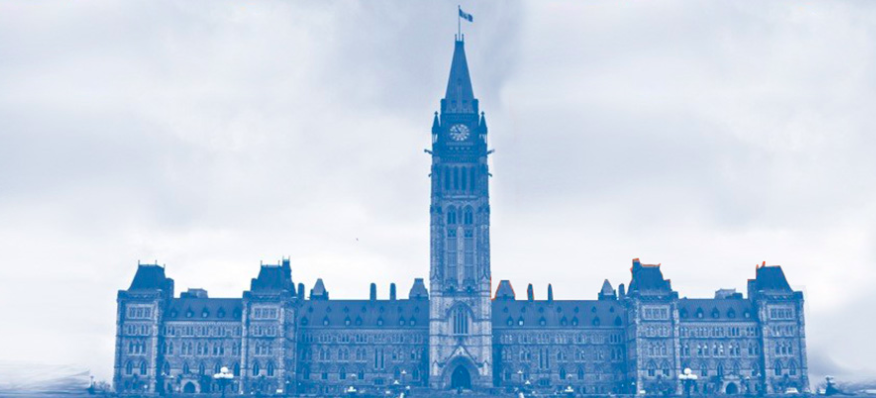Justice is about fairness and equity. Economic justice is about building equitable laws, governments and institutions that treat people fairly and avoid favouring particular individuals and groups. Economic justice is central to the work of the CNCA.
We focus on two main themes:
- Mandatory public reporting
- Tax justice and the extractive sector
1. Mandatory public reporting: it’s about transparency
First the good news: In December 2014, Canada enacted the Extractive Sector Transparency Measures Act (ESTMA) which requires companies to publicly report on the payments they make to all levels of government. The CNCA played a key role in shaping this legislation.
For over a decade, the CNCA has been urging the government of Canada to move away from strictly voluntary standards in relation to Canadian mining, oil, and gas companies operating overseas, and ESTMA is an important first step. The enhanced transparency afforded by mandatory reporting of payments is a tool by which governments can be held to account for resource revenue management, improve resource mobilization and public investment, deter corruption and mismanagement, and support informed public debate. Knowing how much, or how little, a company is paying in taxes and royalties can help affected communities to advocate for a fairer share of resources and make informed decisions about whether or not to support projects in their region.
2. Tax justice and the extractive sector
Around the world, mineral-rich communities often receive little economic benefit from the wealth that is taken from their soil. Tax revenue on mining projects are often low. This can be the result of tax treaties between countries that restrict the right of states to tax foreign investors and foreign-owned companies. Or it can be because rates have been negotiated down by powerful companies, with the support of the home-states that represent them—such as Canada.
Further, multinational companies make extensive use of tax dodging strategies – such as the use of tax havens. While tax havens are used primarily to avoid taxes and regulations, their use can often be perfectly legal under existing international and Canadian law. Tax havens also facilitate other even more problematic practices such as transfer mispricing.
Put together, the many strategies available to powerful corporations too often result in limited and temporary economic benefit to communities where resource-extraction takes place. But these same communities are left to deal with – and pay for –the long-term environmental, health and social costs.
Why is action on tax justice so urgent?
In Africa, illicit financial outflows “constitute the single largest impediment to Africa’s development.” $1.3 trillion has been lost in illicit outflows over the last three decades. Countries that depend on resource extraction are particularly vulnerable to these outflows. Canada is one of the easiest countries in the world in which to set up the shell companies that facilitate tax dodging and the use of tax havens. The G8 and G20 have both identified the need to take action on this front.
The CNCA collaborates with Canadians for Tax Fairness and other Canadian organizations in the International Tax Justice Committee. Together, we’re tackling the loop-holes, tax havens and power imbalances that make the international tax regime – of which Canada is a part – complicit in the impoverishment of mineral-rich countries and communities.
Resources and further reading on economic justice:
- Canadians for Tax Fairness
- Tax Justice Network Africa
- La Red Latinoamericana sobre Deuda, Desarollo y Derechos (LATINDADD) (Spanish)
- Tax Justice Network (UK)
- Third World Resurgence Special Issue: “Siphoning the South’s resources: Transnational corporations, transfer pricing and tax evasion”
- Third World Resurgence: “Tax troubles: How transnational corporations enhance profits by avoiding taxes
- European Network on Debt and Development (EURODAD), “Capital flight diverts development finance” (fact sheet)




